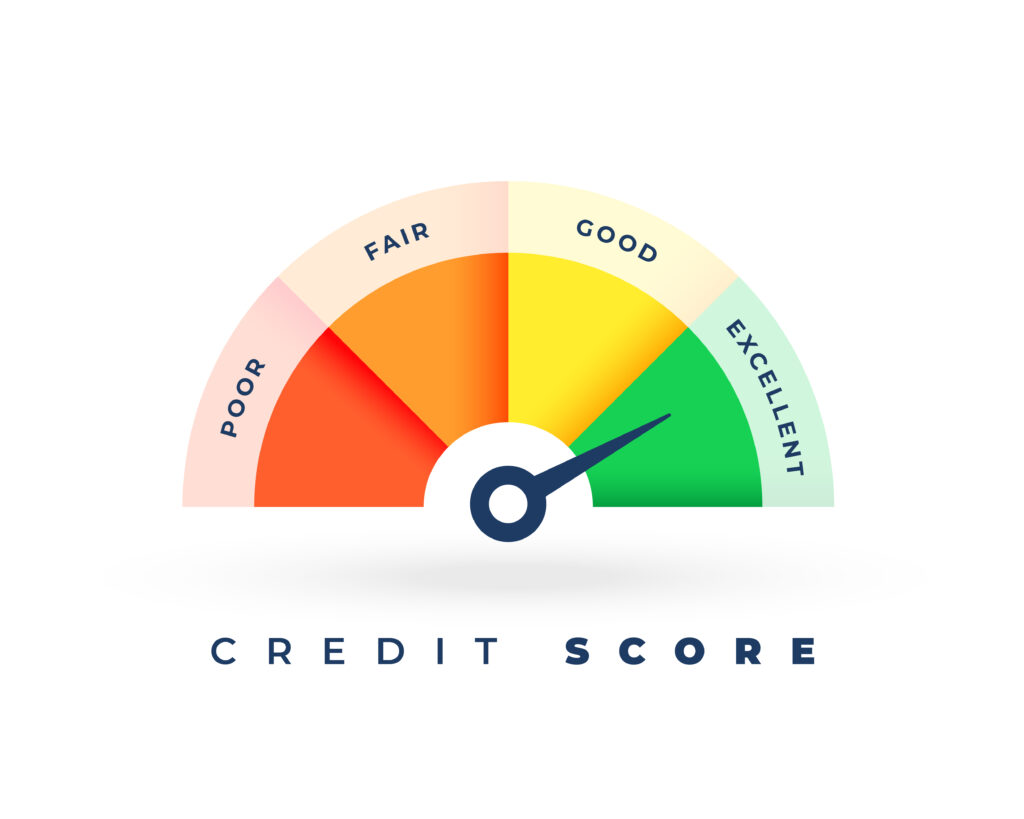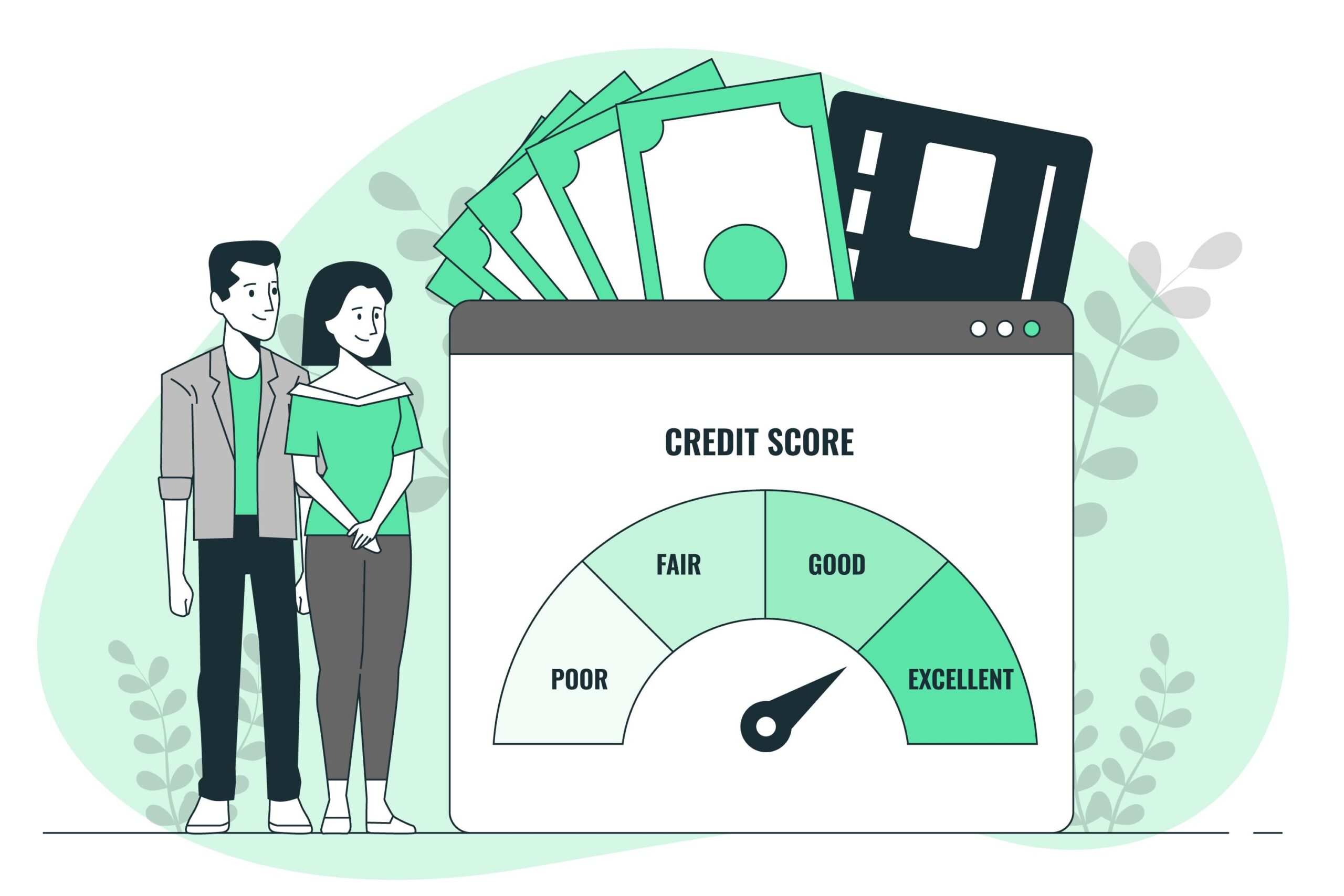Understanding how to increase CIBIL score is vital for anyone aiming to improve their financial health in India. Your CIBIL score, a three-digit number ranging from 300 to 900, reflects your creditworthiness and significantly impacts your ability to secure loans or credit cards. A higher score opens doors to better loan terms, lower interest rates, and faster approvals. Whether you’re starting with a score of 600, 500, or even 750, this comprehensive guide will walk you through practical, actionable steps to boost your score and achieve financial freedom.
What Is a CIBIL Score and Why Does It Matter?
What is a CIBIL score? It’s a numerical summary of your credit history, calculated by TransUnion CIBIL, India’s leading credit bureau. The CIBIL score full form stands for Credit Information Bureau (India) Limited. This score is based on factors like payment history, credit utilization, credit mix, length of credit history, and recent credit inquiries. A higher score signals to lenders that you’re a reliable borrower, increasing your chances of loan approvals and favorable terms.
A good CIBIL score typically ranges from 750 to 900. Most lenders in India consider a score of 750 or above as ideal for approving loans or credit cards with competitive rates. For context, the highest CIBIL score in India is 900, and while there’s no publicly documented highest CIBIL score person in India, achieving a score close to 900 is a realistic goal with disciplined financial habits. Whether you’re aiming to increase CIBIL score from 600 to 750, 500 to 750, or 750 to 800, the strategies below will help you get there.
Why Top-Ranking Articles Succeed
After analyzing top-ranking blog posts on how to increase CIBIL score from sources like Bajaj Finance, BankBazaar, and HDFC Bank, it’s clear why they dominate Google’s first page. These articles succeed due to:
- Clear Structure: They use descriptive headings and subheadings to break content into digestible sections, improving readability.
- Keyword Integration: The primary keyword appears naturally in the title, introduction, headings, and body, with secondary and related keywords woven in seamlessly.
- Practical Tips: They provide actionable advice backed by examples, making the content relatable and useful.
- E-A-T Compliance: Content is authoritative, written by credible sources, and includes references to trusted institutions like TransUnion CIBIL.
- Engaging Tone: A conversational yet professional tone keeps readers hooked while delivering valuable insights.

Proven Strategies to Increase Your CIBIL Score
Here are practical, expert-backed steps to increase your CIBIL score, tailored for Indian borrowers.
1. Pay Your Bills and EMIs on Time
Your payment history is the most significant factor affecting your CIBIL score, contributing roughly 35% to the total. Late payments, missed EMIs, or defaults can severely damage your score. To avoid this:
- Set up reminders or automate payments for credit card bills and loan EMIs.
- Pay at least the minimum amount due on credit cards to avoid penalties.
- If you’ve missed payments, prioritize clearing overdue amounts to show lenders you’re committed to improving your financial habits.
For example, if you’re working to increase CIBIL score from 500 to 750, consistent on-time payments over 6–12 months can make a noticeable difference. Timely payments demonstrate reliability, gradually boosting your score.
2. Maintain a Low Credit Utilization Ratio
Your credit utilization ratio (CUR) is the percentage of your available credit limit you’re using. Experts recommend keeping it below 30%. For instance, if your credit card limit is ₹1 lakh, aim to keep your balance below ₹30,000.
To lower your CUR:
- Avoid maxing out your credit cards.
- Request a higher credit limit from your lender to increase available credit without increasing spending.
- Pay off credit card balances multiple times a month to keep utilization low.
A low CUR signals responsible credit management, which is critical for those aiming to increase CIBIL score from 600 to 750 or higher.
3. Check and Correct Errors in Your CIBIL Report
Errors in your CIBIL report, such as incorrect personal details, outdated loan statuses, or fraudulent accounts, can lower your score. Regularly review your CIBIL report to catch discrepancies early. You’re entitled to one free CIBIL report annually from the official CIBIL website.
To correct errors:
- Visit www.cibil.com and log in to your account.
- Identify inaccuracies, such as closed loans marked as active or incorrect defaults.
- File a dispute online with supporting documents (e.g., payment receipts or bank statements).
- Follow up with CIBIL and the lender; disputes typically resolve within 30–45 days.
Correcting errors can quickly boost your score, especially if you’re targeting a jump from 750 to 800.
4. Maintain a Healthy Credit Mix
A diverse credit portfolio, including secured loans (e.g., home or auto loans) and unsecured loans (e.g., personal loans or credit cards), positively impacts your score. Lenders view a balanced credit mix as a sign of responsible financial management.
To build a healthy mix:
- Avoid relying solely on credit cards or unsecured loans.
- If you lack credit history, consider taking a small secured loan and repaying it on time.
- Maintain older credit accounts, as a longer credit history strengthens your score.
This strategy is particularly effective for those looking to increase CIBIL score from 500 to 750, as it builds a robust credit profile over time.
5. Limit Hard Inquiries
Each time you apply for a loan or credit card, the lender makes a hard inquiry, which can slightly lower your score. Multiple inquiries in a short period signal financial distress to lenders.
To minimize hard inquiries:
- Apply for credit only when necessary.
- Avoid submitting multiple loan or credit card applications simultaneously.
- Check your eligibility using pre-qualification tools that use soft inquiries, which don’t affect your score.
This is crucial for those aiming to increase CIBIL score from 750 to 800, as even small dips from inquiries can hinder progress.
6. Pay Off Outstanding Debts
High outstanding balances, especially on credit cards, can hurt your score. Prioritize paying off high-interest debts to reduce your overall credit burden.
Tips for debt repayment:
- Use the snowball method: Pay off smaller debts first to build momentum.
- Consolidate high-interest loans into a single loan with a lower interest rate.
- Avoid settling debts for less than the full amount, as settlements can negatively impact your score.
Clearing debts is a key step for anyone wondering how to increase CIBIL score quickly.
7. Avoid Closing Old Credit Accounts
Closing old credit cards or loan accounts shortens your credit history, which can lower your score. Instead, keep older accounts active, even if you use them sparingly, as they contribute to a longer credit history.
For example, if you have a credit card from 10 years ago with a good payment history, continue making occasional small transactions and paying them off to maintain its positive impact.
How Long Does It Take to Increase Your CIBIL Score?
The time required to increase CIBIL score depends on your starting point and the severity of past credit issues. Here’s a general timeline:
- From 500 to 750: Expect 12–18 months with consistent on-time payments, low credit utilization, and no new inquiries.
- From 600 to 750: About 6–12 months with disciplined financial habits.
- From 750 to 800: 3–6 months, as you’re already in a strong position but need to optimize factors like utilization and inquiries.
Major issues like defaults or bankruptcies may take longer to mitigate, but steady progress is achievable with the steps above.

People Also Ask: Common Questions About CIBIL Scores
What CIBIL Score Is Good for Loan Approvals?
A CIBIL score of 750 or above is considered good by most lenders in India. Scores in this range improve your chances of securing loans with lower interest rates and faster approvals.
How Can I Check My CIBIL Score for Free?
You can check your CIBIL score for free once a year via the official CIBIL website (www.cibil.com). Register, provide your details, and download your report. Regular checks don’t affect your score, as they’re considered soft inquiries.
Conclusion
Improving your CIBIL score is a strategic process that requires discipline, patience, and regular monitoring. By paying bills on time, maintaining low credit utilization, correcting report errors, and diversifying your credit portfolio, you can steadily increase your CIBIL score—whether from 500, 600, or 750. A higher score not only enhances your loan eligibility but also unlocks better financial opportunities.
Start today by checking your CIBIL report and implementing these tips. Share your thoughts or experiences in the comments below—how are you working to improve your CIBIL score?
